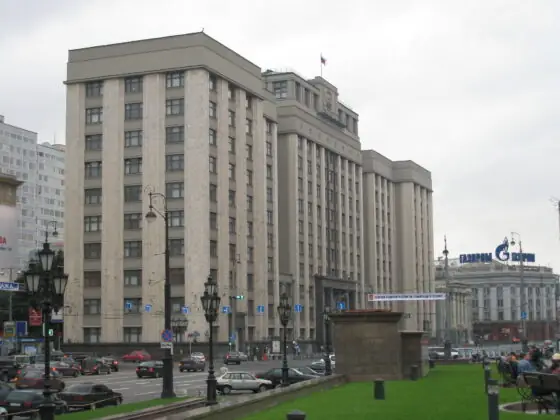In the wake of the heinous terror strikes in the United States, President Vladimir Putin firmly embraced the idea of a counterterrorist alliance led by the United States/NATO and Russia. This was by no means an abrupt shift for him: in less than two years of his rule, Putin had been consistently pursuing wide-ranging security cooperation with dominant Western powers, and the United States in particular. This policy builds on the similar course of Mikhail Gorbachev and most of Boris Yeltsin’s presidency. Yet Putin has ventured in this direction far ahead of both of his predecessors, as well as of Russia’s liberal and Western-friendly mainstream establishment in general—despite the lack of a reciprocal response on the part of Washington (with the exception of it closing its eyes to antidemocratic developments inside Russia and in the Chechen War—a reward of a dubious value). […]
Memo #:
226
Series:
1
PDF:
PDF URL:
http://www.gwu.edu/~ieresgwu/assets/docs/ponars/pm_0226.pdf
Author [Non-member]:
Dmitri Glinski-Vassiliev








